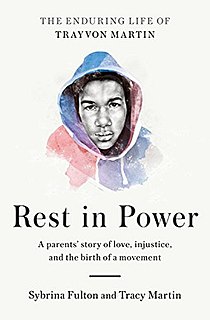A Quote by Box Brown
There's definitely a delicate line you have to walk in telling someone else's story that's not quite as delicate in telling your own story. I think when I'm working on a personal story, there's less pressure to try to get it exactly right.
Related Quotes
I think that people have to have a story. When you tell a story, most people are not good storytellers because they think it's about them. You have to make your story, whatever story it is you're telling, their story. So you have to get good at telling a story so they can identify themselves in your story.
I think when people begin to tell their stories, everything changes, because not only are you legitimised in the telling of your story and are you found, literally, like you matter, you exist in the telling of your story, but when you hear your story be told, you suddenly exist in community and with others.
I think when people begin to tell their stories, everything changes, because not only are you legitimized in the telling of your story and are you found, literally, like you matter, you exist in the telling of your story, but when you hear your story be told, you suddenly exist in community and with others.
I was working within a figurative representational framework, and there was a sense of reading the painting as a transparency, or truth, or autobiography, which I think is partially the burden of artists of color - or women, or anybody who is representing a so-called minority position. Are you actually telling a true story, or your own story? You don't just get to tell a story. The readings of the work didn't necessarily conform to my own understanding of mythology, where violence and eroticism and the body and all of these different forms coexist all the time.
I think that when I'm telling a story, I'm doing the best I can to tell the story as fully as I can, and if there are various fractures that happen in the story, then that's just the very thing that the story is as opposed to my looking for avenues of difference in one story. They just really do exist. For me, anyway.
Every story is flawed, every story is subject to change. Even after it is set down to print, between covers of a book, a story is not immune to alteration. People can go on telling it in their own way, remembering it the way they want. And in each telling the ending may change, or even the beginning. Inevitably, in some cases it will be worse, and in others it just might be better. A story, after all, does not only belong to the one who is telling it. It belongs, in equal measure, to the one who is listening.
When an acting teacher tells a student 'that wasn't honest work' or 'that didn't seem real,' what does this mean? In life, we are rarely 'truthful' or 'honest' or 'real'. And characters in plays are almost never 'truthful' or 'honest' or 'real'. What exactly do teachers even mean by these words? A more useful question is: What is the story the actor was telling in their work? An actor is always telling a story. We all are telling stories, all the time. Story: that is what it is all about.


































